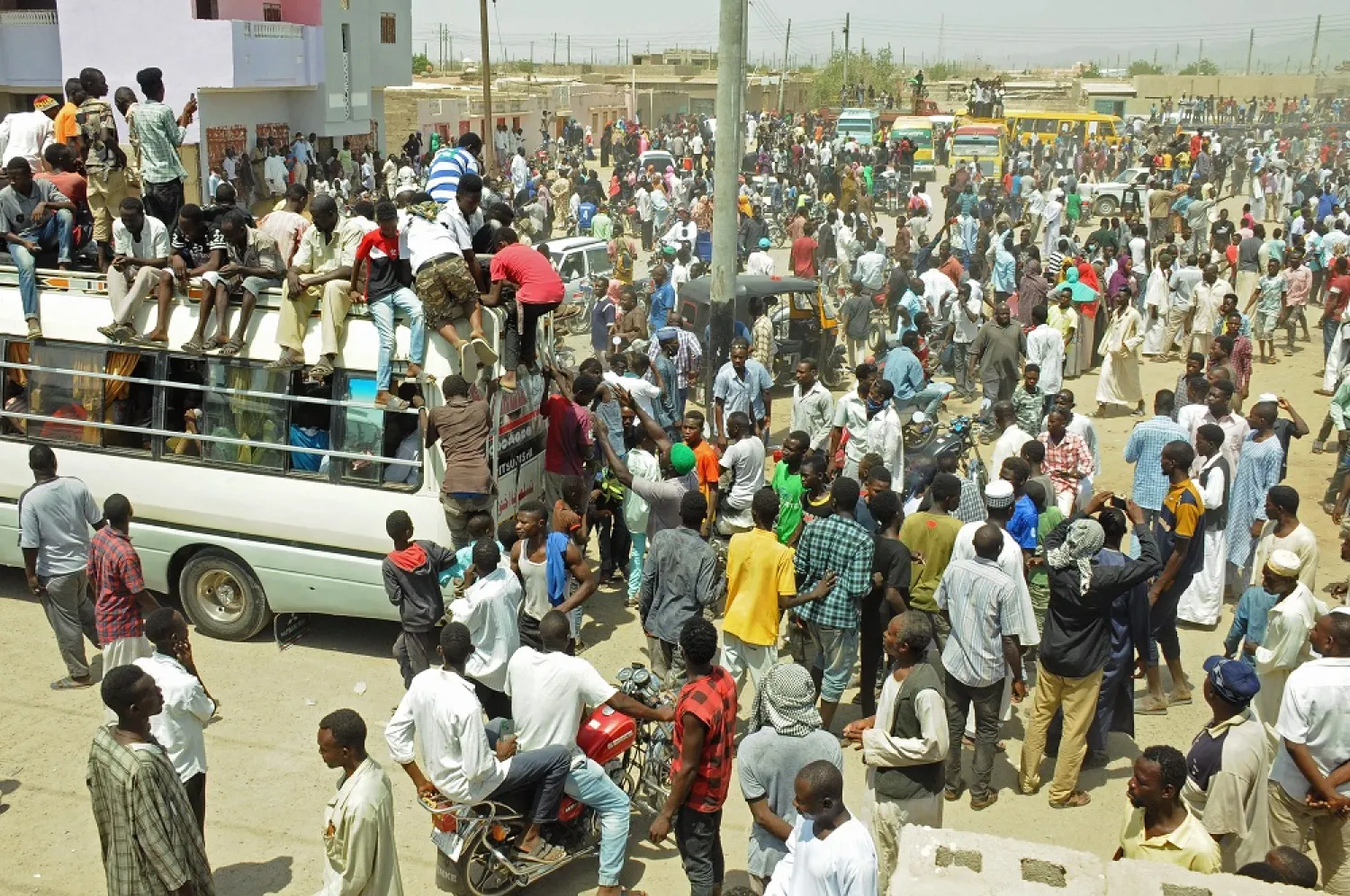Days of tribal clashes in a southern province in Sudan have killed at least 79 people, a senior Sudanese official said Tuesday as violent protests erupted in two nearby provinces in the East African nation.
The clashes between the Hausa and Birta ethnic groups in the Blue Nile province grew out of a killing of a farmer last week. The violence has also injured around 200 people, according to Gamal Nasser al-Sayed, the province’s health minister.
The minister appealed to the United Nations and global aid agencies to step up medical and humanitarian assistance to help those who were forced to flee their homes because of the fighting.
"Thousands, mostly women and children, are now living in schools and in the open," said al-Sayed, speaking over the phone. "They need help, they need food, they need healthcare."
The UN Office for the Coordination of Humanitarian Affairs said the tribal violence has displaced about 15,500 people, who are now mostly sheltering in schools in the town of Damazin.
Earlier this week, authorities deployed the military and paramilitary Rapid Support Forces in efforts to stabilize the region. They also imposed a nightly curfew and banned gatherings in the towns of Roseires and Damazin, where the clashes took place.
The violence in Blue Nile triggered violent demonstrations in the neighboring province of Sennar and the nearby Kassala province. Thousands, mostly from the Hausa, took to the streets over the past two days to protest the government’s lack of response to the clashes.
Local media reported that at least three people were killed in protests in Kassala on Monday, and that angry protesters burned government buildings there. Local authorities banned all gatherings in the provincial capital, the city of Kassala.
The clashes were the latest tribal violence to hit Sudan, which is in turmoil since the military took over in a coup last October. The coup removed a civilian-led and Western backed government, upending the country’s short-lived transition to democracy after nearly three decades of rule of president Omar al-Bashir.
A popular uprising forced the removal of Bashir and his government in April 2019.









